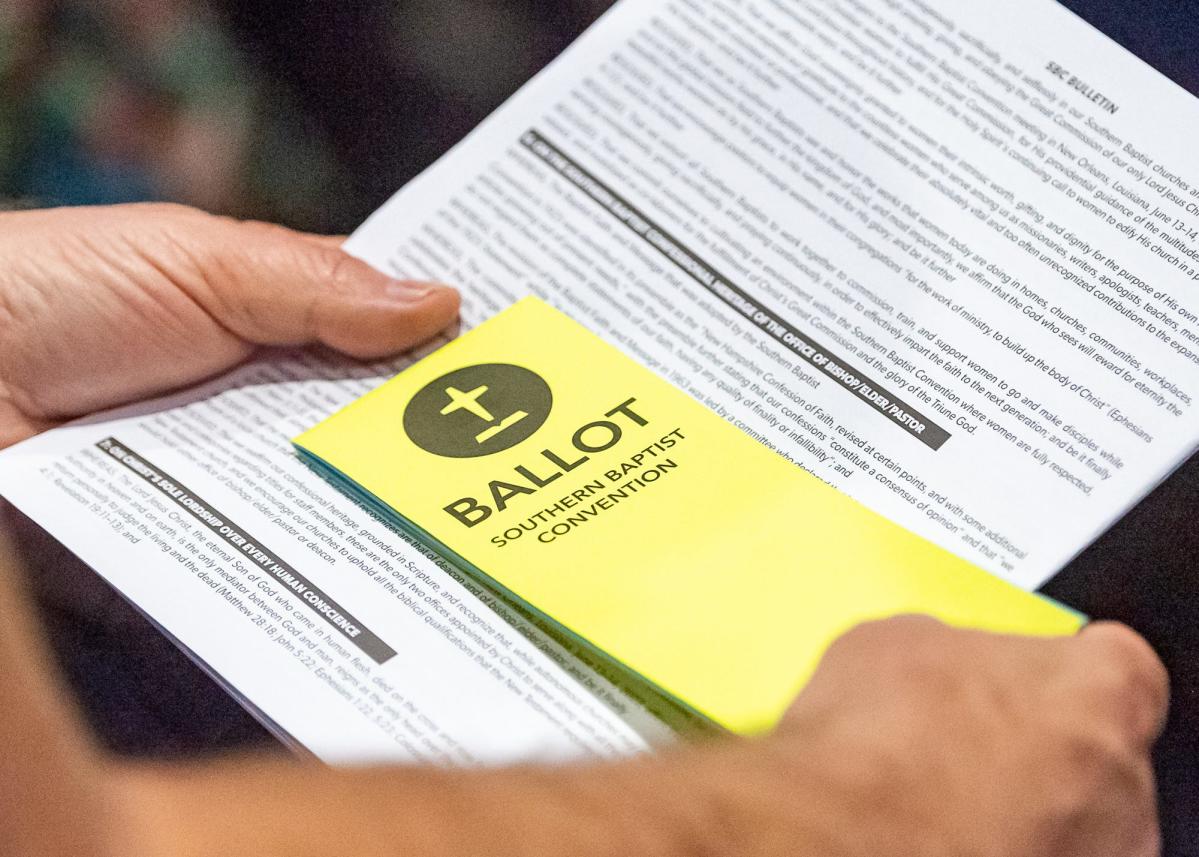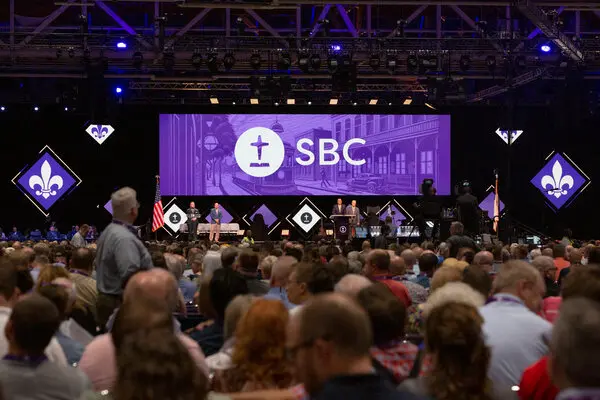To reinforce a more conservative stance on the definition of life, the Southern Baptist Convention (SBC) will consider a resolution opposing in vitro fertilization (IVF) at their upcoming annual meeting. This measure follows a significant Alabama Supreme Court ruling that recognized frozen embryos as legally protected children, sparking a nationwide debate with potential implications for abortion laws. The ruling has garnered praise from anti-abortion groups advocating for the definition of life to begin at conception.

Aligning with Southern Baptist Values
The proposed resolution aligns with many Southern Baptists’ values, although it reflects the views of a select group of thought leaders. The SBC Resolutions Committee recommended the measure for approval after receiving a draft from Al Mohler, president of the Southern Baptist Theological Seminary, and Andrew Walker, a Southern Seminary ethics professor.
In a February column for World magazine, Mohler emphasized the moral dilemmas posed by IVF procedures, particularly criticizing those who consider themselves pro-life but do not extend this logic to IVF. He argued that IVF presents a significant moral crisis. Following the Alabama Supreme Court ruling, the Republican-led legislature in Alabama introduced new rules to protect IVF providers. Despite this, Mohler’s column highlighted additional concerns with IVF, such as enabling same-sex couples or single women to have children. Mohler, a prominent evangelical figure, has opposed IVF for over two decades.
Historical Silence and Recent Actions
Historically, the SBC, the nation’s largest Protestant denomination, has remained relatively silent on the issue of IVF, according to Religion News Service. However, Mohler’s February column reiterated his belief that children should be conceived within the context of a marriage between a man and a woman, stating that deviations from this model pose moral risks.
Recently, Mohler has supported other controversial ideas that resonate with some Southern Baptists but alienate others. Examples include endorsing a ban on women pastors and criticizing the guilty verdict in former President Donald Trump’s hush money trial.
For decades, the SBC has been a key player in the anti-abortion movement, shaping conservative views on childbearing through resolutions—non-binding statements that SBC voting delegates, known as messengers, vote on annually. These resolutions guide the advocacy efforts of the SBC’s public policy arm, the Ethics & Religious Liberty Commission (ERLC).
Advocacy and Policy Implications
The ERLC recently urged members of Congress to oppose policies that would increase access to IVF. The proposed resolution for the 2024 SBC annual meeting calls on Southern Baptists “to advocate for the government to restrain actions inconsistent with the dignity and value of every human being, which necessarily includes frozen embryonic human beings.”

By considering this resolution, the SBC aims to solidify its stance on the moral and ethical implications of IVF, reinforcing its long-standing commitment to the anti-abortion movement. The outcome of the vote at the annual meeting will determine the denomination’s official position and influence its future advocacy efforts.
